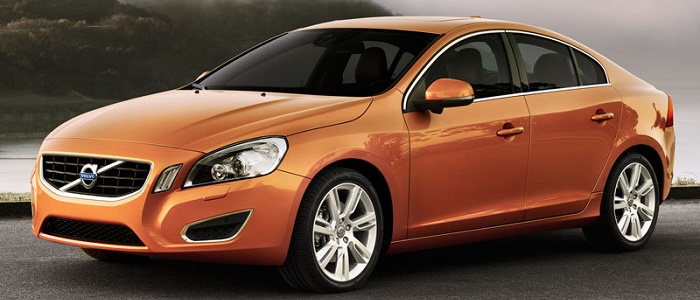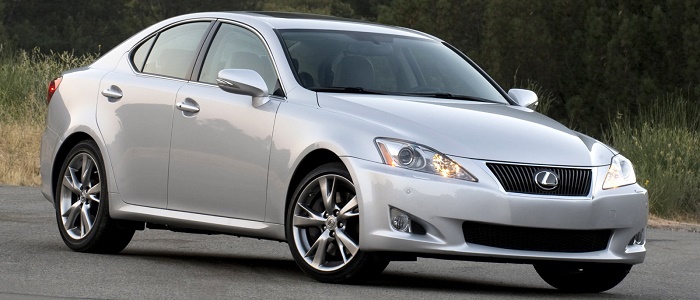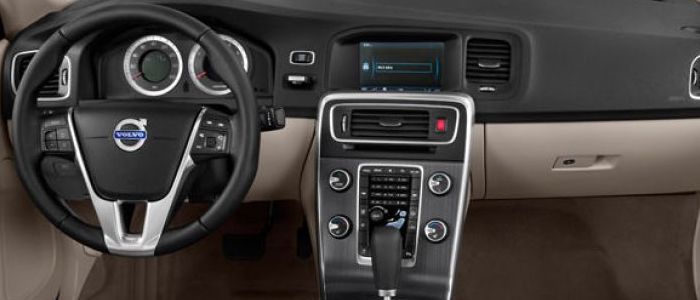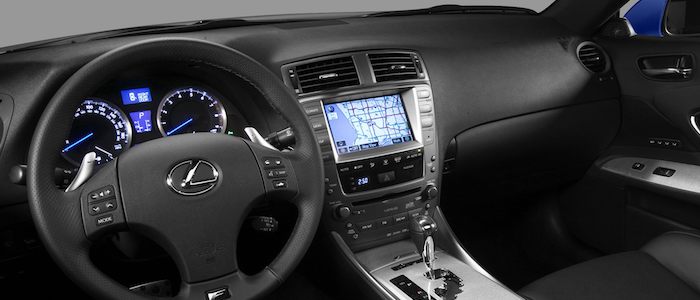Compare two cars
Compare any two cars and get our Virtual Adviser™ opinion
Dimensons & Outlines
Check vehicle history
Engine
Performance (manual gearbox)
Performance (automatic gearbox)
Expenses
Virtual Adviser's™ opinion
Two significantly similar cars, no doubt about that. Still, each one has something different to offer. Having both cars powered by petrol engines and utilizing the 4-door sedan body style within the same 'Large family car' segment, the only major difference here really is their wheel drive configuration (front for the Volvo and rear in the case of the Lexus). The first one has a Ford-engineered powertrain under the hood, a 4-cylinder, 16-valves 180hp unit, while the other one gets its power and torque from a 6-cylinder, 24-valves 207hp engine designed by Toyota.
SafetyThe first thing to look into here would be the results from European New Car Assessment Programme (Euro NCAP) tests performed on the two cars. Good thing is that both vehicles got tested, with the same number of safety stars gained in the process. Moving further on, let's take a closer look at some additional safety-related facts. Both vehicles belong to the large family car segment, which is generally a good thing safety-wise, but that fact doesn't break the tie between the two cars. On the other hand, taking kerb weight as an important factor into account, the Japanese car offers a considerable difference of 11% more metal.
ReliabilityReliability is not the best thing to consider on the make level, but it is worth mentioning that Lexus does have a slight advantage, when all the models are taken into account. These are the results of an independent reasearch, while our visitors describe reliability of Volvo with an average rating of 3.2, and models under the Lexus badge with 4.9 out of 5. Some independent research have also placed S60 as average reliability-wise, and IS is more or less at the same level.That apart, owners of different cars powered by the same engine as the Swedish car rank it on average as 1.0, while the one under the competitor's bonnet gets 5.0 out of 5.
Performance & Fuel economyLexus is a bit more agile, reaching 100km/h in 0.2 seconds less than its competitor. In addition to that it accelerates all the way to 230 kilometers per hour, 5km/h more than the other car. When it comes to fuel economy an obvious choice would be the Swedish car, averaging around 6.6 liters of fuel per 100 kilometers (43 mpg), in combined cycle. That's 48% difference compared to the Japanese car!
Verdict
Lexus definitely wins the reliability competition, everything taken into consideration. The most important thing when deciding between any two vehicles should always be safety, both passive and active. In my opinion, everything taken into account, the Japanese car offers significantly better overall protection, taking the lead here. It all continues in the same direction, with Lexus being considerably quicker, thus putting more smile on driver's face. It does come at a cost though, and that's the fuel consumption... It's really tough to make a final decision here, but if I'd need to, I'd say Lexus. In any case that's my personal view, built upon all the data available to me. What should decide here though is the way you feel about the two vehicles, and I hope you'll find my guidelines useful in the process. I suggest you spend two more minutes in order to find out which car, based on your needs and budget, would be picked by the virtual adviser™, among thousands of similar, yet so different vehicles.

































